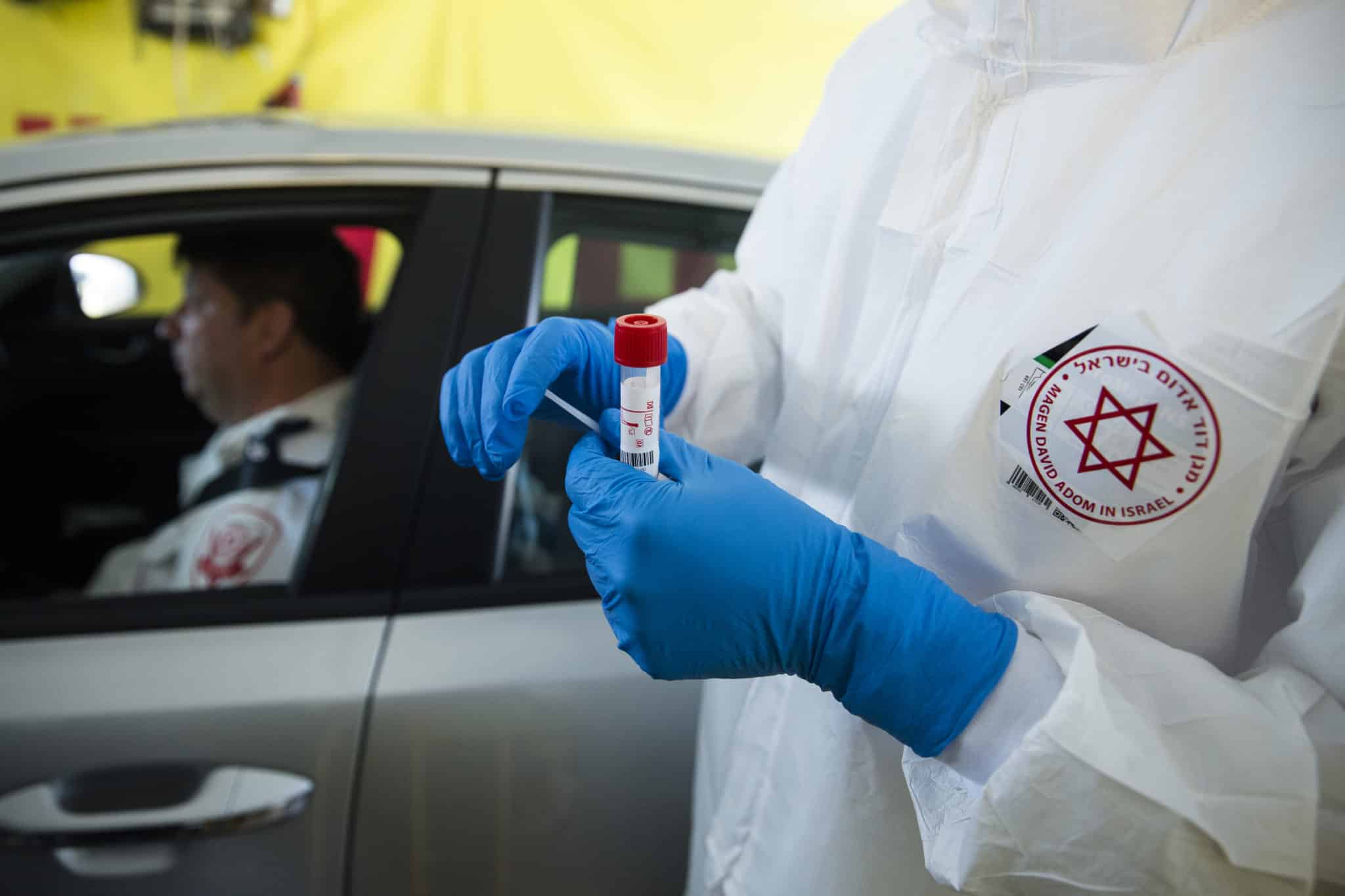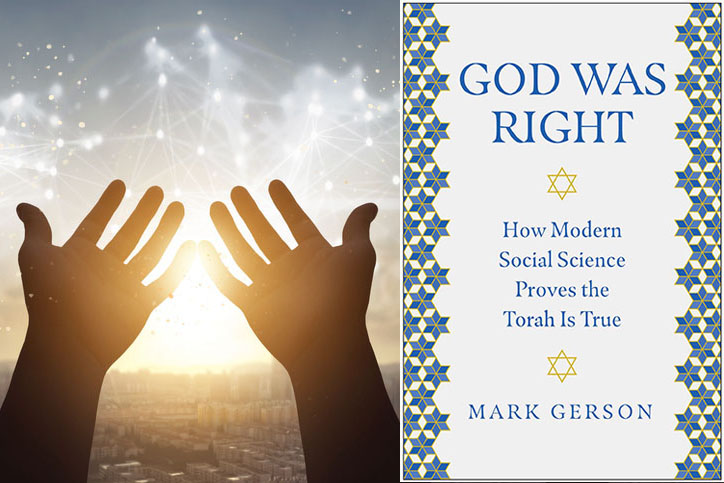
There’s no doubt that anti-Semites and Israel detractors haven’t gone away simply because of the COVID-19 pandemic. Like the coronavirus, they, too, have mutated and changed their strategy. Therefore, so must we in the pro-Israel community, grasping the opportunity presented by this unprecedented and incredibly challenging period facing the entire world.
While many physical events, like the shameful “Israel Apartheid Week” on American college campuses, boycott, divestment and sanctions protests and the tri-annual United Nations Human Rights Council Israel-bashing session, have been canceled, our enemies, likewise confined to their computers, are resorting to spreading hate, misinformation and conspiracies online. This has created an “anti-Semitism on steroids” situation, which, if not addressed, only will continue to spread like a virus.
According to the Anti-Defamation League, “as the coronavirus continues to surge globally, antisemitic, xenophobic, and hateful messages and conspiracy theories are proliferating rapidly online.”
Spend even a cursory glance on the internet, and you cannot escape the deluge of conspiracy theories and vicious anti-Semitic hate material, from alleging Israel created the coronavirus to hook-nosed, greedy Jews profiting from its existence and Israel Defense Forces (IDF) intentionally infecting Palestinians with it.
This is, of course, notwithstanding Israel and the IDF are going out of their way to assist Palestinians in the combating this virus, including providing medical equipment and gear to the Palestinian Authority (PA), providing further aid, including testing kits, into Hamas-controlled Gaza and operating joint task-forces with the PA, as well as training their medical professionals. In a highly unusual step, even the U.N. Security Council praised Israel for this.
This influx of hate is coming from a toxic mix of far-right, far-left and Palestinian and Islamist sources.
Journalist Roshan Salih, from the Iran regime’s Press TV channel, even tweeted that “I’d rather take my chances with the virus than consume an Israeli vaccine.”
“This influx of hate is coming from a toxic mix of far right, far left and Palestinian and Islamist sources.”
Adding fuel to this anti-Semitic fire has been a host of anti-Israel nongovernmental organizations seeking to shamelessly weaponize the coronavirus in their relentless assault on the Jewish state. This has included Blood Libel charges that Israel is somehow contributing to the spread of coronavirus to calling on Israel to lift the “blockade” of Gaza, as if COVID-19 has turned Hamas into the Salvation Army and not the brutal jihadist terror group it is.
Sarah Leah Whitson, the former head of the Middle East division at Human Rights Watch, even tweeted that Israel is only “missing a tablespoon of blood” in its purported oppression of Palestinians in the wake of the coronavirus and perhaps only now, will Jewish Israelis understand life under occupation. You don’t get anti-Semitic tropes any bigger than this.
What the global community is facing today is unprecedented, presenting unforeseen challenges and requiring dispensing with existing prejudices and grasping of new opportunities if humans are to defeat this pandemic.
So, what are some steps that those in the pro-Israel community can take during this time?
First, we need to be uncompromising in calling out, correcting and, where appropriate, responding to the hate and anti-Semitism proliferating online.
Secondly, we have an opportunity to shape the true narrative, including the immense steps Israel is taking in assisting and cooperating with the Palestinian Authority, and that how in this toughest of times, this could perhaps even serve as a model for future cooperation.
Thirdly, Israel, through its scientific and tech expertise, has much to share with the world. Our scientists, entrepreneurs and even special IDF units are leading the global effort in finding a vaccine for the coronavirus. Israel is also a world-recognized leader in disaster relief management, and Israel’s Foreign Ministry’s efforts to repatriate Israeli citizens, as well as assist other countries, is truly inspiring. It is imperative the world knows this.
Fourthly, although Israel has not been immune to the tragic loss of life from this pandemic, per capita, it has one of the lowest mortality rates. A study by Deep Value Knowledge company on March 31 ranked Israel as the safest country for dealing with the coronavirus, while Austrian Chancellor Sebastian Kurz credited Israeli Prime Minister Benjamin Netanyahu for alerting him (and European allies) to the seriousness of the virus and the need to take stronger action in response. The international community can learn a lot from Israel’s efforts to manage and fight this pandemic.
Lastly, we must utilize the entire array of digital diplomatic tools at our disposal to tell Israel’s story and how it is coping with this virus, to respond to the hatred and anti-Semitism mushrooming online, as well as to be pro-active in shaping our narrative.
While humans no doubt will find a vaccine against the coronavirus, it may be while longer until a cure is found for the world’s oldest hatred, anti-Semitism. Until then, we must remain vigilant and proactive.
Arsen Ostrovsky is an international human rights lawyer and pro-Israel activist, based in Tel Aviv. Follow him on Twitter: @Ostrov_A
































